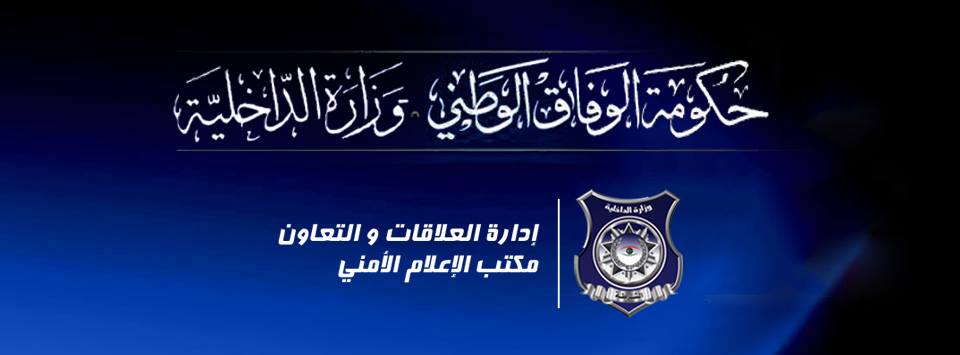By Sami Zaptia.

London, 10 December 2020:
Fathi Bashagha, Interior Minister for Libya’s internationally recognized government in Tripoli, yesterday instructed the Head of his Department for Combating Financial Crimes and Money Laundering to prosecute all those involved in corruption, complete investigations and gather evidence.
It is worth mentioning that the Department for Combating Financial Crimes and Money Laundering was created on 15 September 2020 in accordance with Law No. 2 of 2005 on money laundering offences. The department has 24 officers specializing in financial crimes and money laundering. They were trained at the Tripoli Central Bank of Libya’s Institute of Banking Studies and received a diploma in the fight against financial crimes and a diploma in the fight against money laundering and terrorist financing offences in accordance with international standards.
The department has had 21 cases assigned to it, which have been referred to them from the Minister’s Office and the Attorney-General’s Office. Two cases have been completed and the results of which have been forwarded to the Attorney-General’s Office.
The Department specializes in receiving complaints of corruption and money laundering from inside and outside the Ministry and is currently investigating corruption and money laundering allegations.
Commenting on the matter on his Twitter page, Bashagha said ‘‘corruption is a scourge that threats every country’s present and future. We are dedicated in Ministry of Interior to fight against corruption, trace money-laundering offences and determined to prosecute all who are involved in these crimes no matter who it is.
We WILL take action whenever evidence becomes available. The Ministry of Interior is currently doing internal audits, scrutinizing about LD 3 billion. Also, our anti-financial crimes and money laundering Department is investigating corruption claims that is initially estimated to reach LD 1.75 billion’’.
In a related matter, the Interior Ministry issued a statement today announcing that there will be travel restrictions on prominent figures holding positions of authority without exception. This is a reactivation of a Qaddafi-era law which required soldiers and state officials to obtain permission to travel.
Bashagha also held a meeting today with the Libyan Supreme Judicial Council (SJC) to discuss ways in which his ministry can help the judiciary implement rulings.









